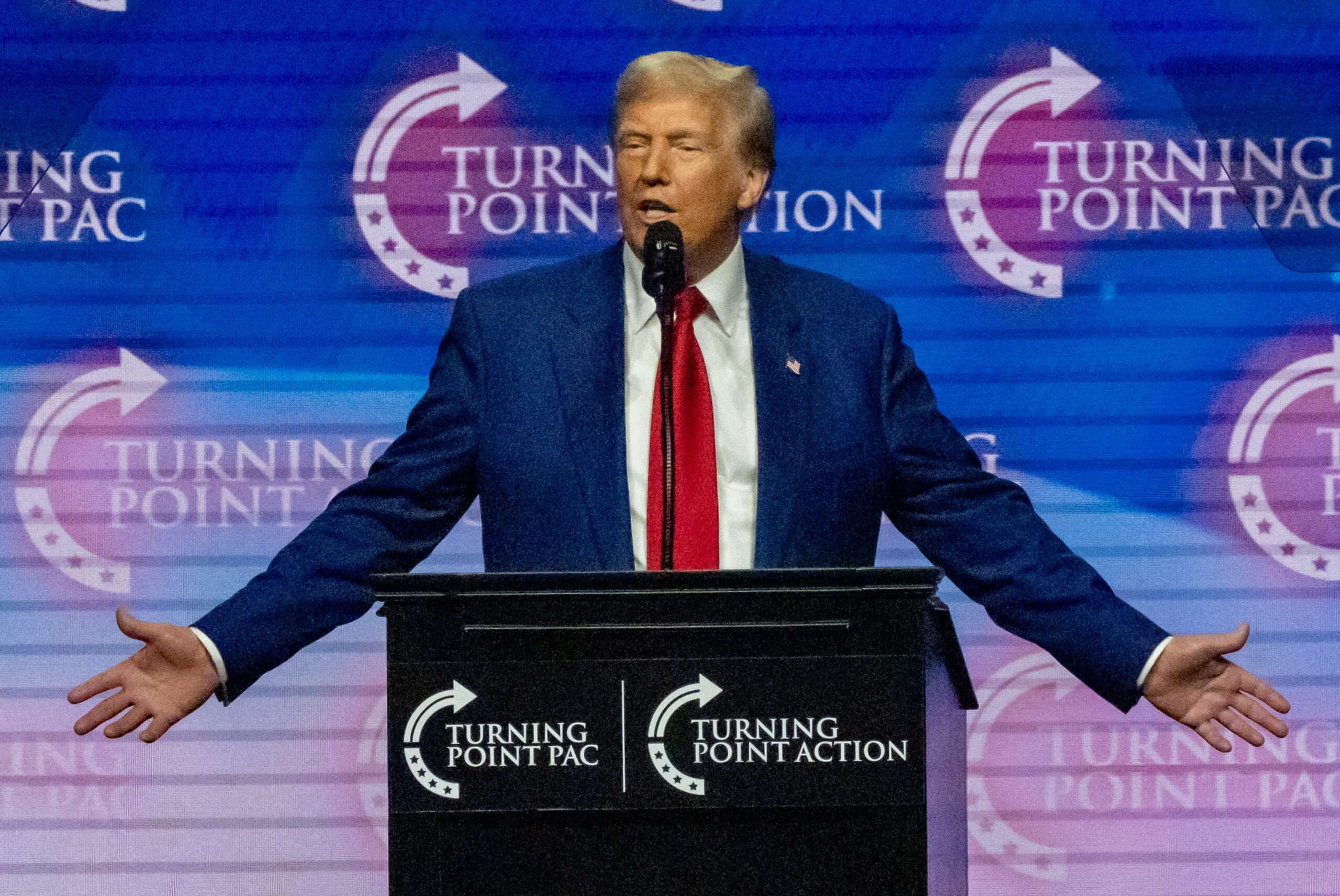Former President Donald Trump has suggested various tax breaks to be implemented if he wins in November. Recently, he added a protectionist element to one of his proposals for a potential second term, which may prove challenging due to policies he enacted during his first term.
As reported by Reason earlier this month, Trump stated at the Detroit Economic Club that if elected, he would make interest on car loans fully tax deductible.
“When we implement these changes, you will witness the start of a new American industrial revolution,” he added. “By the end of my term, the world will be buzzing about the Michigan miracle and the remarkable rebirth of Detroit.”
This week, Trump introduced another aspect to the plan. “I have decided to make a modification, as I will only implement this if the specific product—namely, an automobile—is manufactured in the United States,” he told a crowd in North Carolina on Tuesday.
“Deductibility of interest is beneficial, but only if the car is made in the United States,” he added, according to Bloomberg. “Why should we provide tax benefits if the car is made in China, Japan, or other countries that have taken away our business over the years?”
However, Trump’s plan was already flawed economically, and this new change exacerbates the issue. Deducting auto loan interest would require itemizing deductions, but 90% of taxpayers opt for the standard deduction. For tax year 2024, the standard deduction is $29,200 for couples and $14,600 for individuals; individuals hoping to deduct auto loan interest would need to have additional eligible expenses exceeding these amounts. (Congress could potentially create exceptions for deductions in addition to the standard deduction, such as alimony and student loan payments.)
By further limiting the deduction to American-made cars, Trump is reducing the number of individuals who would qualify, especially since his trade policies from his first term have made it more challenging to produce cars in the U.S.
Trump campaigned in 2016 on promises to terminate existing trade agreements, particularly NAFTA, and replace them with improved deals. The USMCA, which he signed into law in 2020, was essentially a revamped version of NAFTA. However, it included stricter rules of origin (ROO) requirements for automakers compared to NAFTA, which has made it more difficult to meet the criteria.
The USMCA mandates that automakers must meet specific ROO requirements, proving a minimum percentage of both the vehicle’s assembly and component sourcing occur in North America. The agreement also sets new requirements, such as a minimum percentage of steel and aluminum originating in North America and a minimum percentage of production by workers earning a certain wage.
While the USMCA aims to boost U.S. production of automotive parts and employment in the sector, it may also lead to increased vehicle prices and decreased consumption in the U.S., according to a 2019 report by the U.S. International Trade Commission.
Trump’s imposition of tariffs on imported items, including vehicles, has resulted in increased costs for consumers. If Trump truly wanted to reduce tax burdens and make cars more affordable, he could consider repealing his trade policies rather than doubling down on them.
By adhering to his protectionist trade policies and focusing on minor deductions that only a few people can benefit from, he is showing that his primary goal is to secure votes rather than lowering prices or improving the fairness and efficiency of the tax code.
Source link





